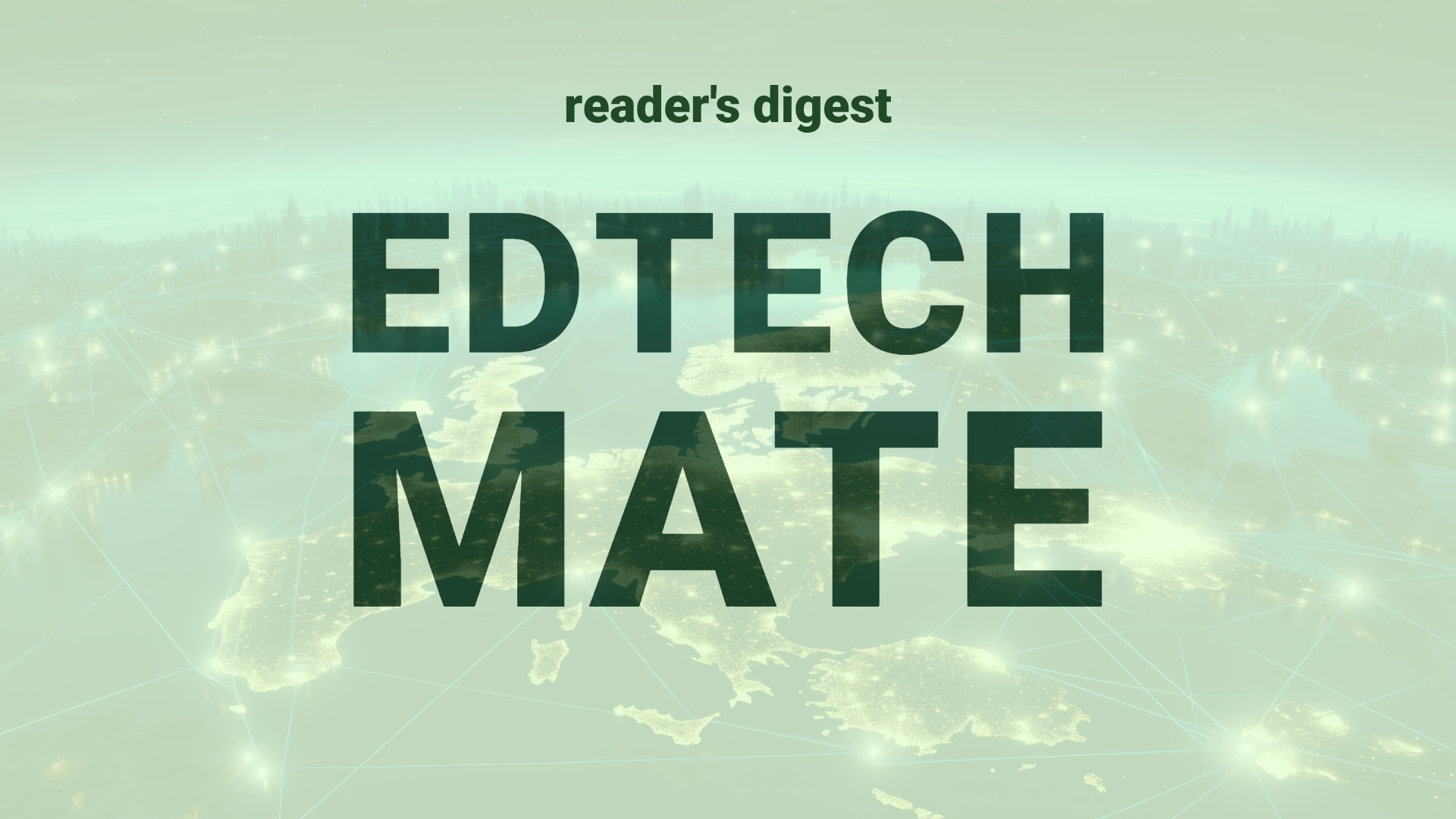“`html
Executive Summary and Main Points
Recent discussions in the industrial sectors of manufacturing and construction highlight key opportunities for technological advancements through digital transformation. Small to medium businesses (SMBs) must overcome legacy mindsets to drive competitive advantages using cloud computing, Software-as-a-Service (SaaS), low-code platforms, artificial intelligence/machine learning (AI/ML), and the Internet of Things (IoT). Domain expertise, a solution-oriented approach, and the embrace of automation are deemed essential for enhanced efficiency and enriched user experiences.
Potential Impact in the Education Sector
The transition to dynamic no-code work management can notably impact Further Education and Higher Education by enhancing collaboration and data-driven decision making. Implementing AI in organizational processes may streamline operations, supporting Higher Education in administration and research. IoT technologies could enable precise maintenance and efficient resource use in campus infrastructure. These shifts suggest the potential for strategic partnerships with tech providers and a stronger push towards digitalization. Additionally, these technologies could transform the provisioning of Micro-credentials by offering more personalized and adaptive learning experiences.
Potential Applicability in the Education Sector
Innovative applications for AI and digital tools within the global education systems include facilitating research through computer vision, enhancing safety on campus with IoT, and better managing educational resources through integrated data analysis. AI and no-code solutions can provide educators with robust tools to customize and automate workflows, creating dynamic learning environments that are more resilient and scalable. Computer vision can be utilized not just for security but also for facilitating hands-on learning experiences in science and engineering programs.
Criticism and Potential Shortfalls
There might be concerns regarding the pace of technology adoption within various contexts, considering the diverse capabilities of educational institutions around the globe. Ethical considerations also emerge, especially around data privacy, algorithmic transparency, and informed consent when utilizing AI and IoT in educational contexts. Cultural implications, such as the digital divide and varying institutional readiness for change, are critical factors that need addressing. Comparative case studies, such as the use of IoT in European universities versus Asian universities, may offer insights into these challenges.
Actionable Recommendations
To leverage these technologies in global higher education, leaders should first establish vision statements that align with educational values and objectives. It is important to build an incremental change management plan, informed by pilot projects that demonstrate feasibility and address specific problems. Partnerships with technology service companies should focus on co-developing tailored solutions for the educational landscape. Training programs for educators in technology usage and ethical practices must be developed to ensure responsible and effective implementation.
“`
Source article: https://blogs.starcio.com/2024/03/technologies-industrials-poc.html

